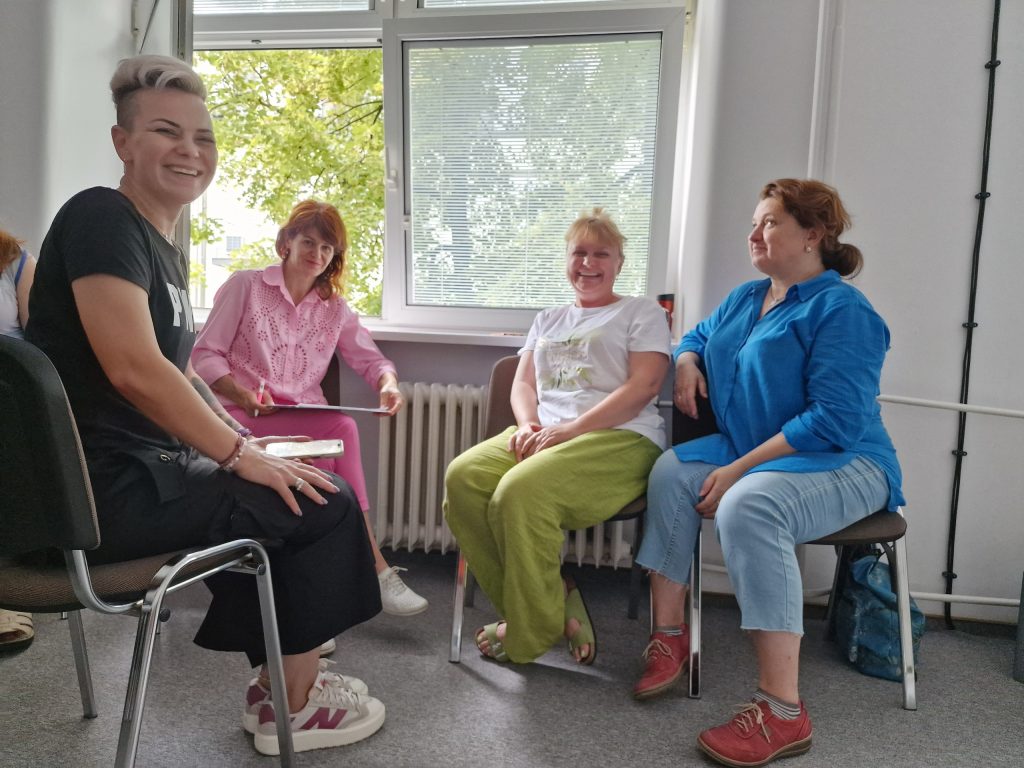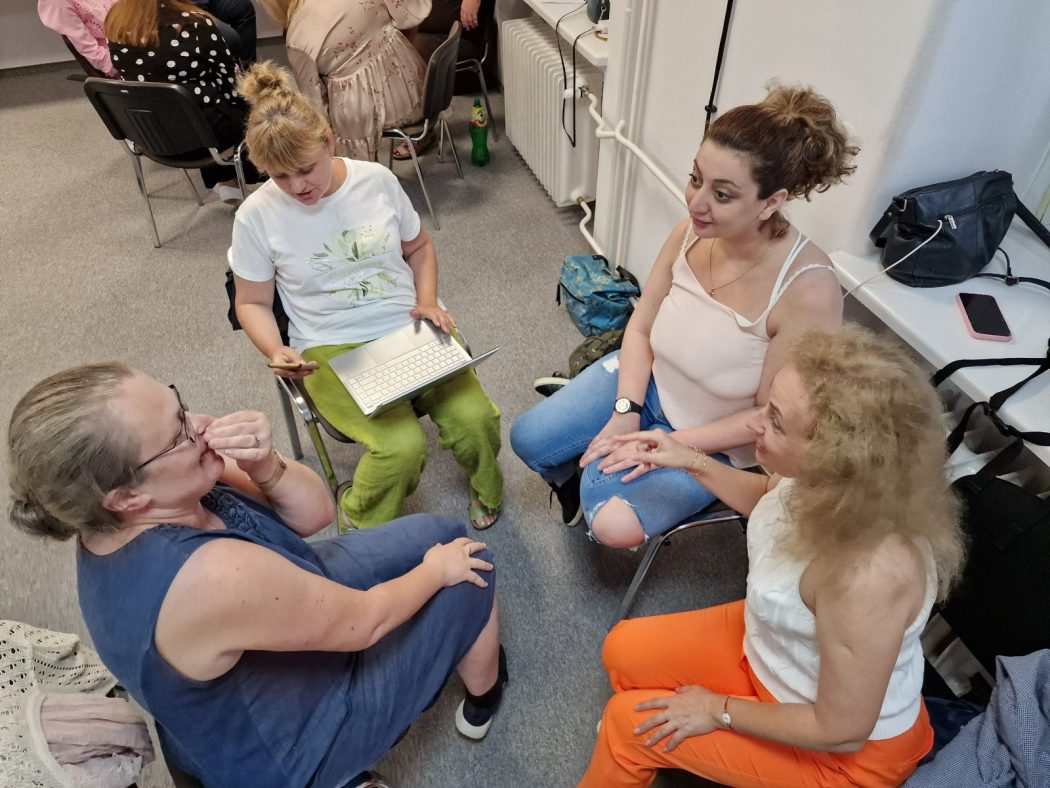Implementing a trauma-informed approach in citizenship education
This was the topic of an international seminar held in Warsaw (Poland) on August 19-22.
The seminar brought together fourteen experts from the Eastern Partnership countries, as well as those who are currently in forced migration in the EU. The participants discussed the importance of a trauma-informed approach to working with people who have experienced armed conflict, forced migration and discrimination. Over the course of four days, they participated in discussions, practical sessions, and exchanges of experience on how to provide a safe space for such groups in the process of citizenship education.

Key points of the seminar:
– Review of the main aspects of the trauma-informed approach in citizenship education.
– Discussion of the principle of “Do no harm” and creating a safe space for people with traumatic experiences.
– Practical exercises and case studies on implementing a trauma-informed approach.
– A visit to the Museum of Damned Soldiers and Political Prisoners, where participants had the opportunity to discuss issues of collective trauma and historical memory.
A special part of the program was the presentation of the experience of the participants, who talked about the successful application of the trauma-informed approach in their educational practice.
The seminar ended with a discussion of future plans, including the development of a graphic guide to be created as part of the project ‘Implementing a trauma-informed approach in citizenship education‘ and plans for further implementation of the approach in citizenship education. They also planned a joint online meeting in two months to share stories of implementing the knowledge and skills they had gained.
The main facilitator of the international seminar was Nazarii Boiarskyi, a member of the training pool of the Council of Europe’s Youth Department, co-author of the “Training Manual on Trauma-informed Youth Work”.
This workshop was an important step in strengthening the capacity of citizenship education providers and trainers from the Eastern Partnership countries to work with people with traumatic experiences, promoting the integration of these groups into society through education and experience sharing.
The seminar is held within the framework of the project ‘Implementing a trauma-informed approach in citizenship education’, which is developed and implemented by a consortium of experts of EENCE – Eastern European Network for Citizenship Education, funded by the Federal Agency for Civic Education Bundeszentrale für politische Bildung (bpb) with funding from the German Federal Foreign Office under the programme ‘Enhancing Cooperation with Civil Society in the Eastern Partnership Countries’. The project is coordinated by NGO Democratic Initiatives Incubator (Ukraine).


